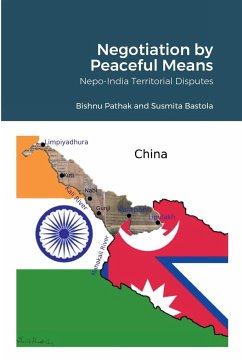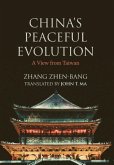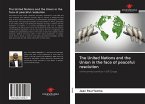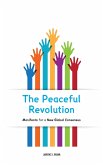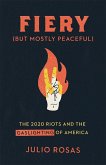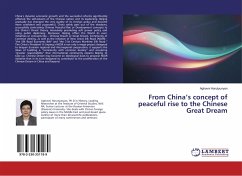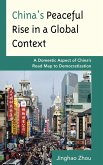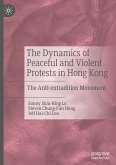This book offers an exclusive dialogic pyramid model to resolve or transform the Nepo-India territorial disputes. Nepal and India are not only territorially close, but they are enjoying excellent connections of history, culture, religion, and tradition engagement from people to people. Therefore, dialogue at the bottom level can equally serve as a peaceful means to solve territorial disputes. The bottom-up dialogue approach among the civilians can transform anti-national sentiments and media jingoism. Ultimately, both countries love the cultural ties-up by maintaining peace, coexistence, and harmony. There has been a self-admiration that India is the world's largest democratic country. But the question is, why does India not sit for a dialogue with Nepal to transform the territorial disputes by peaceful means? Both nations should open the channels for informal-indirect and formal-direct dialogue and participation among state-to-state and non-state to non-state actors, grassroots people, civil society, and religious leaders. Dialogue begets the negotiation to transform the disputes by peaceful means.
Hinweis: Dieser Artikel kann nur an eine deutsche Lieferadresse ausgeliefert werden.
Hinweis: Dieser Artikel kann nur an eine deutsche Lieferadresse ausgeliefert werden.

